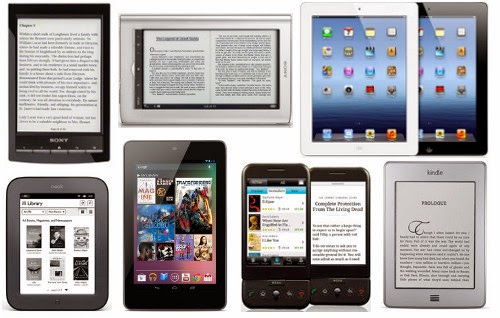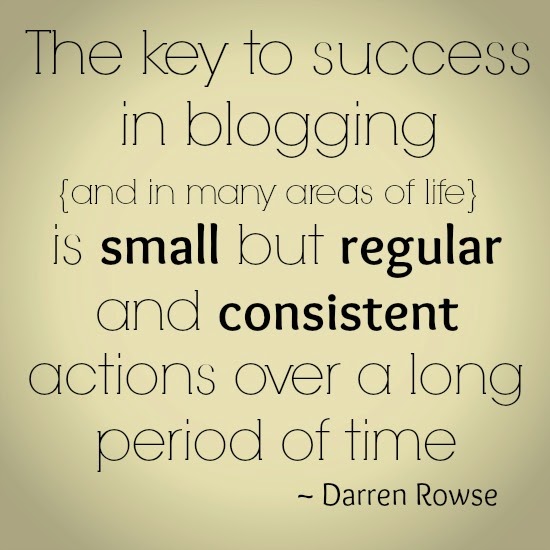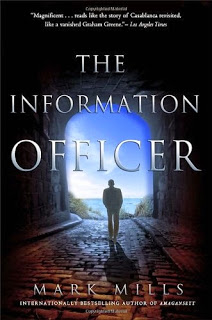
Publishing an E-book and Kindle
Are you ready to publish an e-book?

Before you publish an ebook it makes smart business sense to go to Amazon, and do some keyword searches on what is selling, and how people will find your ebook. Ebooks can be published on almost any device, but most authors choose to start with Kindle, because it is the best known.
Most authors are quick to come up with a ‘witty’ title, only to find there are readers who cannot find their book. Having a good marketing plan is key to seeing more sales
success long term, but this marketing plan must also hold the promise of more books being published in an ebook format soon after. The marketing plan should focus on blogs as well as where to publish your ebook.
Next- if you plan to self-publish your ebook you will need to sign up for the Kindle Direct Publishing (KDP) program where you can have your ebook shown on amazon.com and other Amazon sites. There are a few rules however, which can make it a challenge to expand your readership beyond Amazon. Publishing an ebook is about networking to the right readers, and with KDP there are some things to think about before you self-publish.
1) You have the choice to join the Kindle Select program.
T his is a program where you can “promote” your book on the various Amazon sites for five days for free, but while this is a great way to promote your book, it is not a good way to earn income. Writing a book and getting it out to people is important, and it would be a good idea if you have more than one published book. Kindle Select is one of the many ways to market your book and yourself as an author.
his is a program where you can “promote” your book on the various Amazon sites for five days for free, but while this is a great way to promote your book, it is not a good way to earn income. Writing a book and getting it out to people is important, and it would be a good idea if you have more than one published book. Kindle Select is one of the many ways to market your book and yourself as an author.
Also, Kindle Select is not as useful or as powerful as it once was, and will limit you to selling your specific ebook on the Amazon websites. Although the contract for Kindle Select states that an author cannot distribute his ebook for the 90-day term on the select contract, some authors worry about the grey area of promoting their ebooks on their own websites or blogs, since it mentions an author cannot ‘distribute’ his book on his own website for the duration of the contract.
It is your choice to commit to the Select program, but publishing an ebook is also about earning income, with most authors finding they ‘sold’ more free books than paid-for books, making a difference long term.
2) You can update and edit your book and its price on Kindle, and other ebook publishers
My book originally sold as an ebook for $2.99 US, but later the price was lowered to 99 cents as the book aged. The price might go back up, but as it stands the market is doing fine at this price- it’s all a part of the life cycle of a book and ebook. As the Amazon Kindle is one of the most popular ebook readers in the United States, it makes sense to have your paperback and ebook on Amazon.
The paperback book is also priced with a focus on the niche market it is in, and has time to build up popularity, as an author (such as myself) grows. However, should the book’s price be updated there is a time lag before it goes ‘live’ on Amazon, with a price increase or a price drop which can confuse your readers over time. If you already are known as an author or have a blog, it is best to wait until your edits are confirmed before mentioning it.
3) If you want to publish with Kindle, and within the Kindle Direct program, be prepared to look things over, such as Digital Rights Management

One of the main features of the downloading process is that Kindle allows you to preview how your book will look to your reader, by providing the introduction or the first chapter. This saves both time and effort, but can be confusing to those who simply want to write and publish the book they worked hard on.
The section called Digital Rights Management (DRM) will force you to choose if you want to be a part of this or not. If you are not okay with allowing others to lend your work for a short time to friends, not having this feature is probably a better idea. DRM is one of the options Kindle publishing offers to authors, but most have found it to be less necessary then they originally felt.
The problem with DRMs is you cannot change what you choose after you publish your ebook, so if for example, you have people who do book reviews, it is harder for them to share the book with others who want to do book reviews as well. It does make it harder to have people network the book if they cannot share it.
You May Also Like

Does a Blog Need a Website?
January 23, 2009
Advice on Writing
April 21, 2009

3 Comments
Lois
You've made it sound easy- what about the Select program have you used it? or will you use it?
Paul
Informative take on publishing ebooks, will this be a series, I'm very interested in the Kindle Select programs and your take on them- if you've used them.
Amy
I like the new layout, but where are the links? Are you doing a series on Kindle and Kobo?